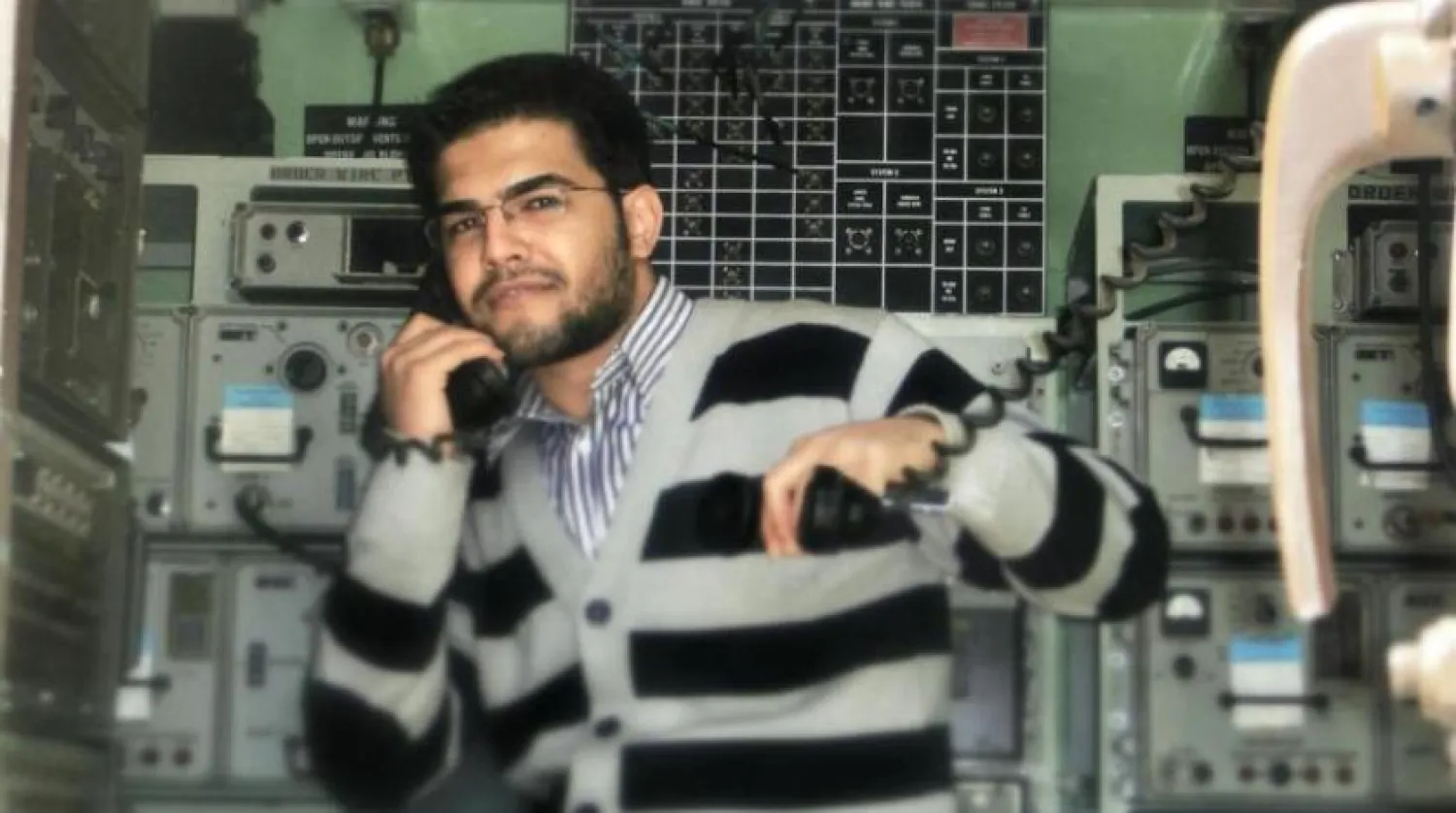A Turkish court handed down jail sentences to 14 accused of assassinating Iranian dissident Masoud Molavi-Vardanjani in Istanbul.
Abdul Wahab Kocak, the main suspect, was sentenced to life in prison for the murder of Molavi -Vardanjani, who was shot dead in November 2019 in Sisli in Istanbul.
Molavi-Vardanjani had a telegram channel called "Black Box," which criticized the Iranian regime and the Revolutionary Guards. He repeatedly accused the judiciary and security forces of financial corruption and assassination of opposition figures by publishing documents.
Kocak was among 14 defendants who were sentenced in the case. Three others were sentenced to 15 years, 12 years, and six months, respectively.
Two of the three convicts, still in detention, were accused of providing and transporting weapons for the assassination, while the third was convicted of providing a hideout for the killer. He was released on condition of judicial supervision.
A fifth defendant was given a 30-month suspended prison sentence, while the rest of the defendants were acquitted.
Before he was killed, Molavi-Vardanjani wrote: "God willing, I will root out these corrupt mafia leaders...Pray that they don't kill me before I accomplish that."
Molavi-Vardanjani worked for a decade as a consultant and director of a data security company in Isfahan before starting his work as a military consultant specializing in artificial intelligence.
The Turkish authorities watched 320 hours of CCTV footage on the streets, and the security forces searched 49 locations and interrogated 185 people about the assassination.
Pictures published by the Turkish media after the assassination showed Molavi-Vardanjani walking with a friend towards Sisli at night on November 14, 2019, when a gunman opened fire on them.
Security sources confirmed that the person with Molavi-Vardanjani came with him to Turkey in June 2018. He made friends and leaked information about the victim to Iranian intelligence. The police report identified him as Ali Esfanjani.
The sources said that Esfanjani visited the Iranian consulate the day before the assassination and met the defendants to discuss the details of the operation.
The police report identified Esfanjani as the mastermind behind the plot to kill Molavi-Vardanjani. He was transported to the other side of the Turkish-Iranian border by an Iranian smuggler three days after the assassination.
Last February, the Turkish police arrested 16 members of a group linked to the Iranian security services, which is in charge of kidnapping Iranian dissidents and handing them over to the authorities in Tehran.
Turkish media also published, in mid-February last year, a video clip circulated by Iranian media showing the arrest of Mohammad Reza Naserzadeh on charges of involvement in the assassination of Molavi-Vardanjani.
Turkish sources said that the Turkish and Iranian suspects, who were arrested after the killing, admitted they acted on the orders of two intelligence officers at the Iranian consulate in Istanbul.
A Turkish official said the suspects' statements revealed they had received assassination orders from Iranians with diplomatic passports.
He indicated that the evidence and witness statements confirmed that these two people were intelligence officers who played a role in inciting and coordinating the assassination.









